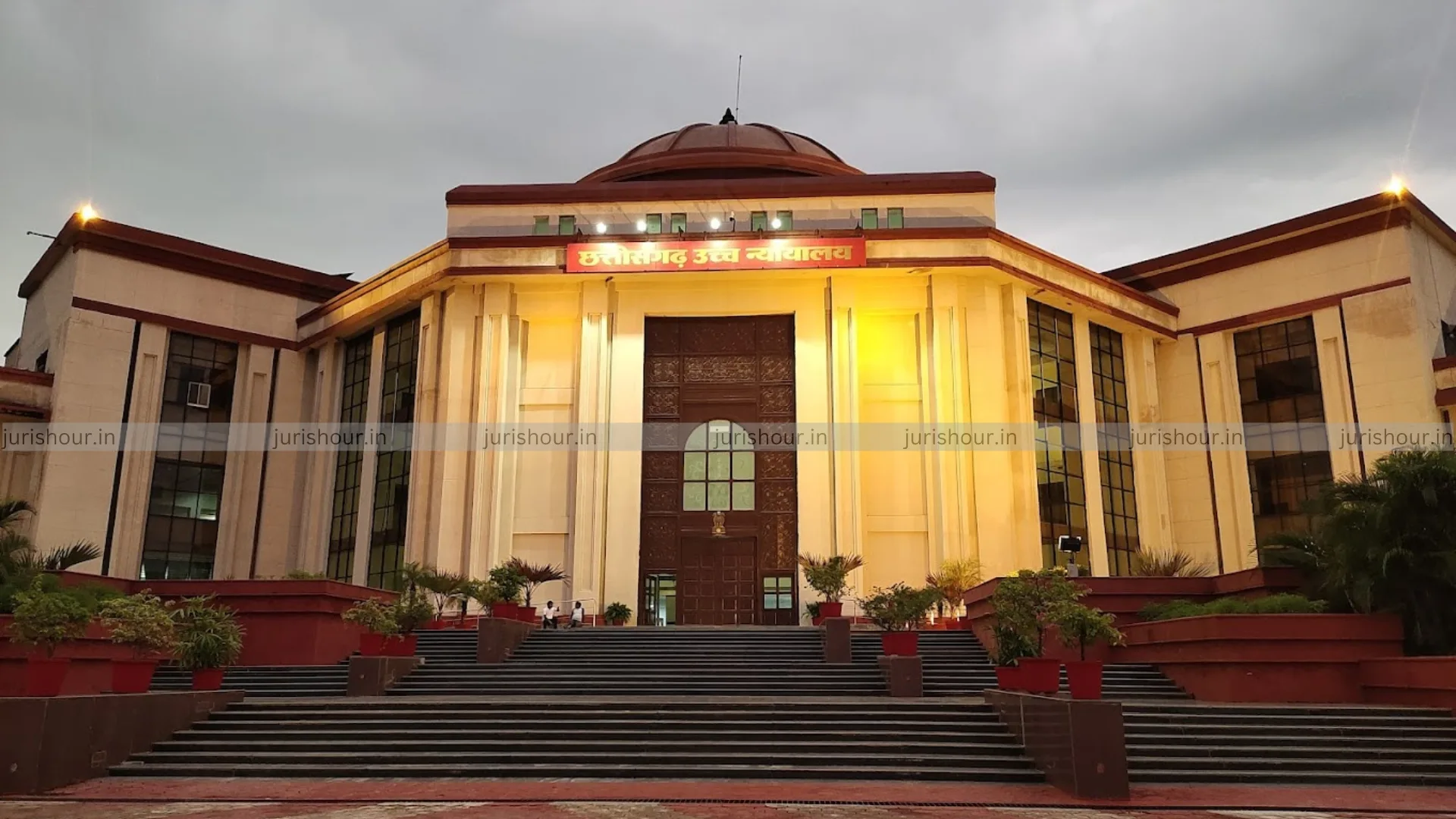The Chhattisgarh High Court has dismissed the writ petition filed by J.K. Lakshmi Cement Ltd. challenging constitutional validity of clauses (c) & (d) Of Section 17(5) of CGST Act. Clauses (c) & (d) Of Section 17(5) of CGST Act relates to works contract services and goods and services received for construction of immovable property respectively.
The bench of Justice Sanjay K. Agrawal and Justice Radhakishan Agrawal has relied on the M/s Safari Retreats Private Ltd.’s case in which the question was whether the construction of immovable property carried out by the petitioners therein amounts to plant has to be decided on its merit by applying the functionality test. Their Lordships also held that the issue must be decided in appropriate proceedings in which adjudication can be made on facts and granted liberty to the petitioners therein to adopt appropriate proceedings or raise the issue in appropriate proceedings.
Table of Contents
Background
The petitioner/assessee has filed the writ petition challenging the constitutional validity of clauses (c) & (d) of Section 17(5) of the Central Goods and Services Tax Act, 2017.
The department contended that the constitutional validity of clauses (c) and (d) of Section 17(5) of the CGST Act has been adjudicated by the Supreme Court in the matter of Chief Commissioner of Central Goods and Service Tax and others v. M/s Safari Retreats Private Ltd. and others.
The petitioner contended that the constitutional validity of the above provisions has already been adjudicated by the Supreme Court and held to be intra vires, therefore, the petitioner be granted liberty to raise the issue with regard to paragraph 10.2 of the writ petition i.e. his case is covered under Section 17(5)(d) of the CGST Act, (other than plant or machinery) and as such, he be given liberty to raise the issue in appropriate proceeding as granted by the Supreme Court.
Supreme Court in M/s Safari Retreats Private Ltd.
The Supreme Court in M/s Safari Retreats Private Ltd.’s case has considered the issue and held clauses (c) & (d) of Section 17(5) of the CGST Act to be intra vires and not unconstitutional.
The challenge to the constitutional validity of clauses (c) and (d) of Section 17(5) and Section 16(4) of the CGST Act is not established.
The expression “plant or machinery” used in Section 17(5)(d) cannot be given the same meaning as the expression “plant and machinery” defined by the explanation to Section 17.
The question whether a mall, warehouse or any building other than a hotel or a cinema theatre can be classified as a plant within the meaning of the expression “plant or machinery” used in Section 17(5)(d) is a factual question which has to be determined keeping in mind the business of the registered person and the role that building plays in the said business.
If the construction of a building was essential for carrying out the activity of supplying services, such as renting or giving on lease or other transactions in respect of the building or a part thereof, which are covered by clauses (2) and (5) of Schedule II of the CGST Act, the building could be held to be a plant. Then, it is taken out of the exception carved out by clause (d) of Section 17(5) to sub-section (1) of Section 16. Functionality test will have to be applied to decide whether a building is a plant.
Therefore, by using the functionality test, in each case, on facts, in the light of what we have held earlier, it will have to be decided whether the construction of an immovable property is a “plant” for the purposes of clause (d) of Section 17(5).
Conclusion
The court while dismissing the present writ petition qua the constitutional validity of clauses (c) & (d) of Section 17(5) of the CGST Act, liberty is reserved in favour of the petitioner to raise the issue whether the construction of immovable property carried out by the petitioner amounts to plant within the meaning of Section 17(5)(d) (plant) of Act of 2017. The petitioner is free to adopt appropriate proceedings or raise the issue in appropriate proceedings, in accordance with law.
Case Details
Case Title: J.K. Lakshmi Cement Ltd. Versus Union of India
Case No.: WPC No. 2460 of 2020
Date: 14/11/2024
Counsel For Petitioner: N. Naha Roy
Counsel For Respondent: Rahul Tamaskar

